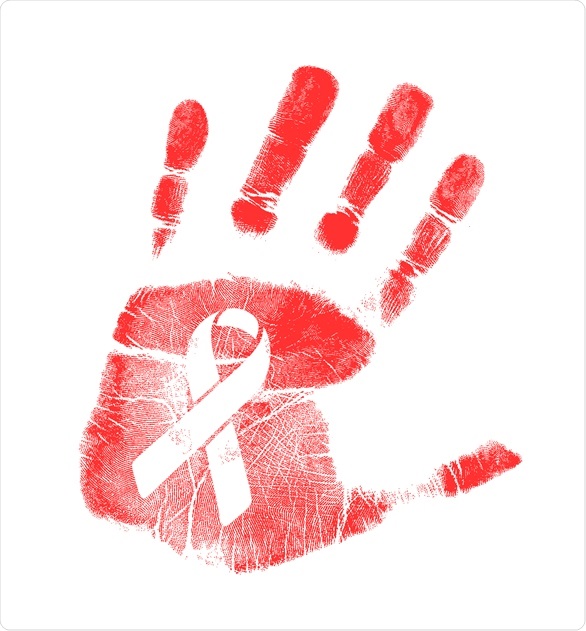Findings from a large-scale clinical trial have shown that people with HIV should start antiretroviral therapy as soon as they have been diagnosed, irrespective of what their CD4+ count is.
The research revealed that HIV-infected individuals are at a significantly lower risk of developing AIDS or other serious illnesses if they initiate antiretroviral therapy immediately after diagnosis, when their CD4+ count is higher, rather than waiting until the count has dropped.
 Shutterstock.com / alexmillos
Shutterstock.com / alexmillos
Anthony Fauci, Director of The National Institute of Allergy and Infectious Diseases (NIAID) says:
We now have clear-cut proof that it is of significantly greater health benefit to an HIV-infected person to start antiretroviral therapy sooner rather than later
The findings come from an interim review of data from the Strategic Timing of AntiRetroviral Treatment (START) study. The study was expected to finish in 2016, but in light of these findings, it has been recommended that the results are released early.
“These findings have global implications for the treatment of HIV,” says Fauci "I would be surprised if guidelines committees didn’t very seriously look at this and bring it into their calculations."
The trial began in 2011 and enrolled 4,685 HIV-infected men and women (median age 36) who had never taken antiretroviral therapy and had CD4+ counts in the normal range (>500 cells/mm3). Around half of the participants were randomly assigned to start antiretrovirals immediately, while the other half had their therapy deferred until their CD4+ count dropped to 350 cells/mm3. The trial was conducted at 215 sites across 35 countries and patients were followed for an average of three years.
In March 2015, the interim data review showed that among patients who had their treatment deferred, there had been 86 cases of AIDS, serious non-AIDS events (such as cancer and renal, liver and cardiovascular disease) and death, compared with 41 among those who began treatment early. Further analysis showed that the risk of developing a serious illness or dying was 53% less in the early versus deferred treatment group. The benefits of starting treatment early were consistent across geographical regions and across low-, middle- and high-income countries.
“The definitive findings from a randomized trial like START are likely to influence how care is delivered to millions of HIV-positive individuals around the world,” says James Neaton, Principle Investigator from the International Network for Strategic Initiatives in Global HIV Trials (INSIGHT).
All participants from the START trial are now being informed of the interim results. They will be offered treatment if they have not already started it and will continue to be followed through 2016.